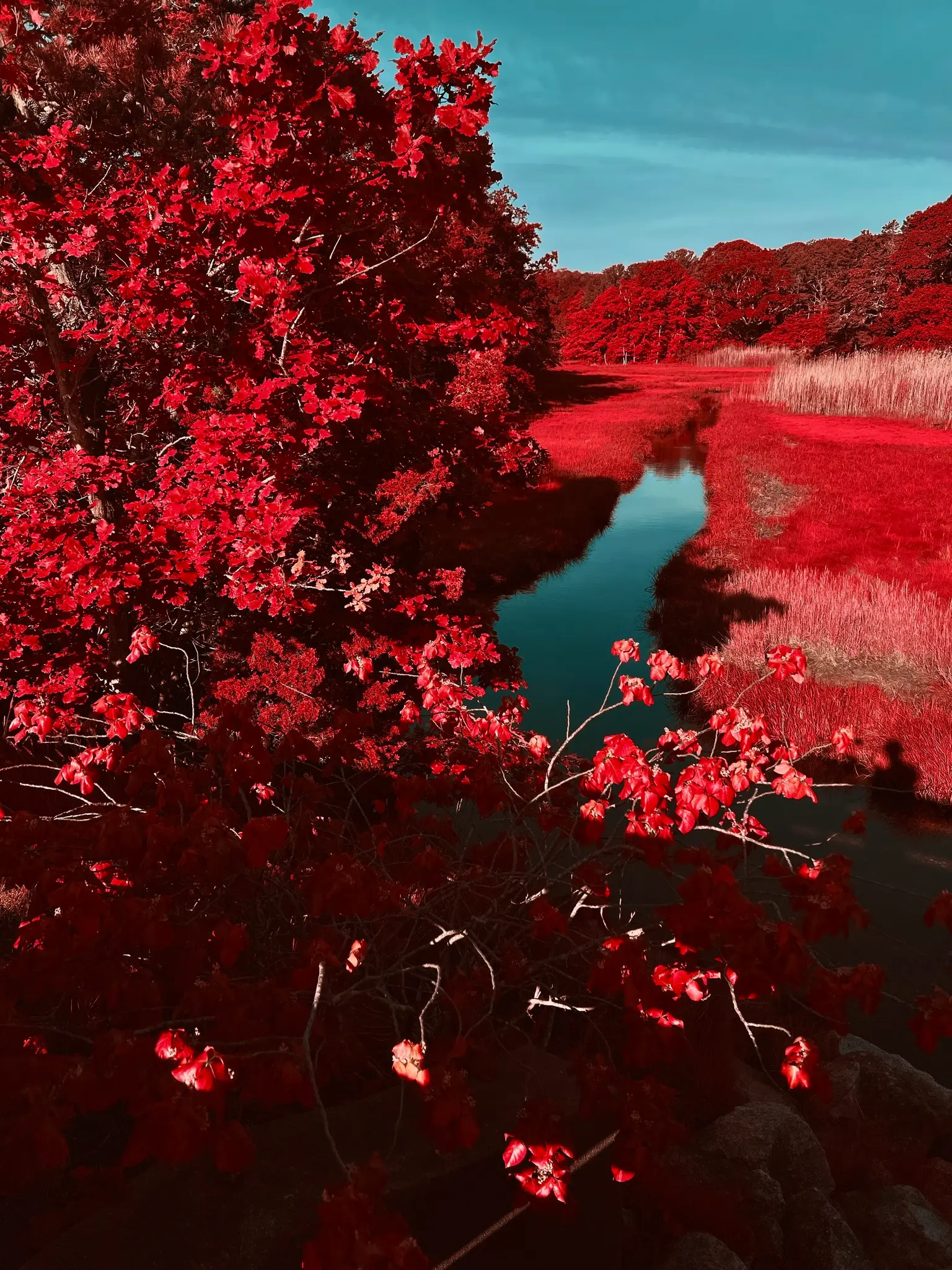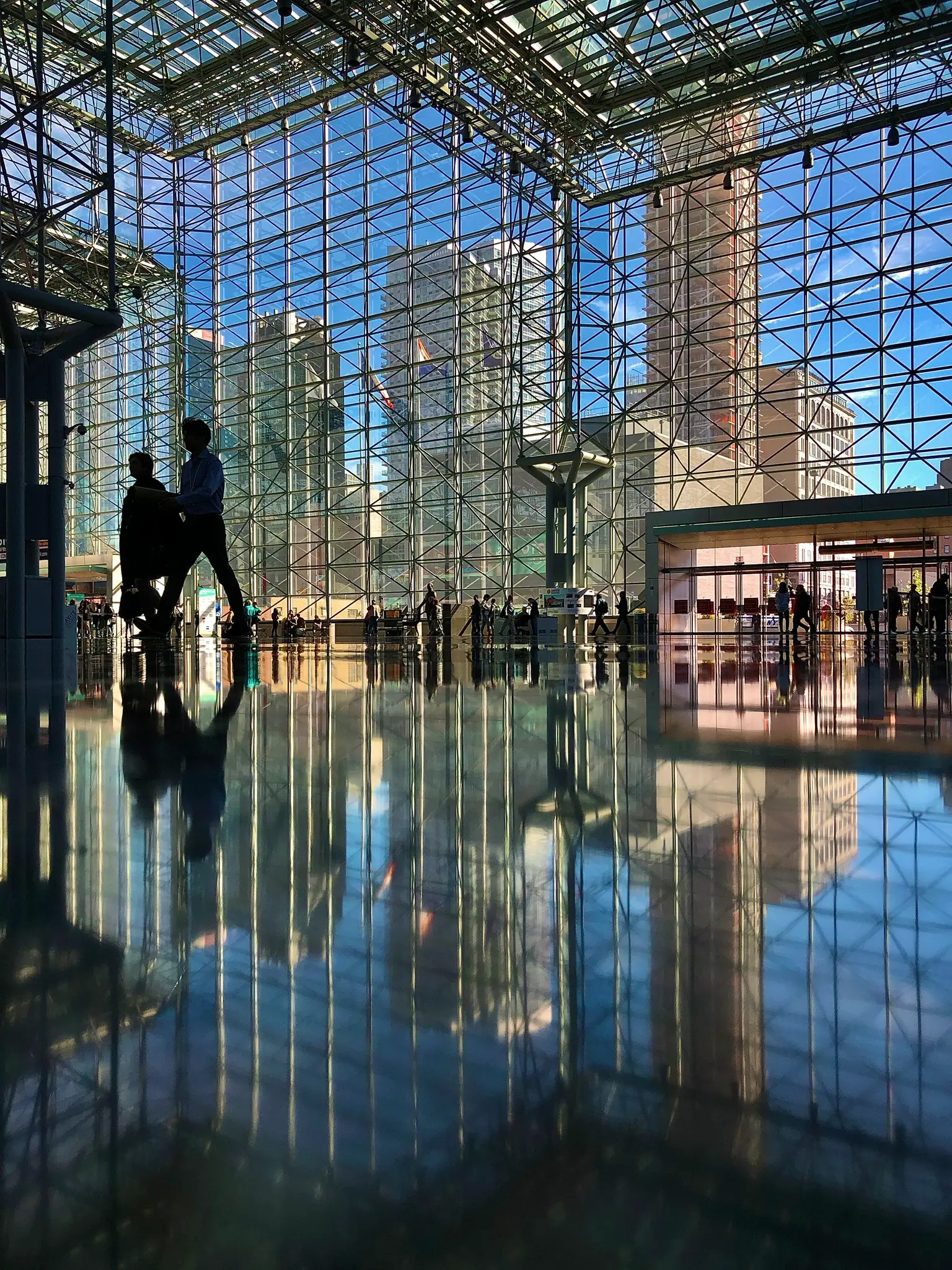As a career photographer with decades of experience spanning both analog and digital eras, I find it disheartening to hear the murmurs suggesting that traditional photography, as we know it, is dead. It’s a sentiment that seems to be gaining traction in an age dominated by AI, Photoshop wizardry, apps, and social media photography. WTF. Are you kidding me? Dead?
But let me assure you, from the depths of my soul, that photography has not lost its mojo. It’s not the medium that’s lost its spark; rather, it’s the photographers themselves who may have lost sight of what truly matters in this craft.
I’ve witnessed the evolution of photography firsthand, from the cumbersome analog cameras of yesteryears to the sleek, sophisticated iPhone cameras of today. And while the tools may have changed, the essence of photography remains the same—it’s about capturing moments, telling stories, and evoking emotions.
Photography. Photographer. Photograph.
Yet, somewhere along the way, it seems that many photographers have become enamored with the bells and whistles of modern technology. They’ve fallen into the trap of believing that photography is all about retouching, compositing, and applying artificial intelligence to create flashy effects.
Don’t get me wrong; I’m not dismissing the value of post-processing or embracing new technologies. In fact, I’ve fully embraced the iPhone as my primary tool for photography, harnessing its capabilities to push the boundaries of what’s possible. But at the core of it all, I remain steadfast in my belief that photography is, first and foremost, about vision and creativity.
What sets a true photographer apart is not their proficiency with Photoshop or their mastery of complex editing techniques. They can see the world through a unique lens, to find beauty in the mundane, and to capture moments that resonate with viewers on a deep, emotional level.
Photography is not just about producing technically flawless images; it’s about storytelling, expression, and connection. It’s about using light, composition, and color to convey meaning and evoke feelings. And while AI and editing software can certainly enhance our images, they can never replace the human element—the creative vision and personal touch that make photography an art form.
So, to those who proclaim that photography is dead, I say this: open your eyes and look beyond the surface. Photography is thriving, perhaps now more than ever, thanks to the democratization of technology and the endless opportunities for creative expression.
But it’s up to us, as photographers, to reclaim the soul of our craft—to focus less on the tools and techniques and more on the stories we want to tell, the emotions we want to evoke, and the connections we want to forge with our audience.
Let us not forget that photography is not just a means to an end; it’s a journey, a lifelong pursuit of beauty and truth. And as long as there are stories to be told and moments to be captured, photography will never lose its mojo. It’s not photography that needs saving—it’s us, the photographers, who need to rediscover our passion and purpose.
Click.
Jack































